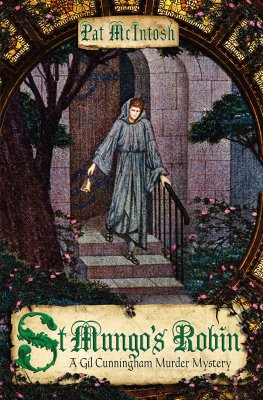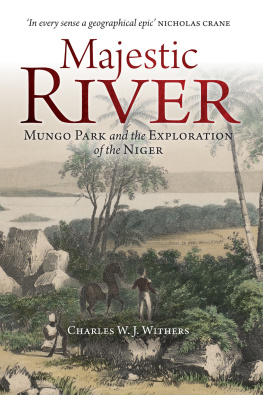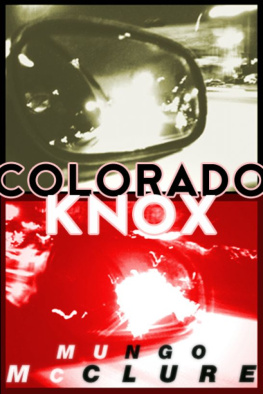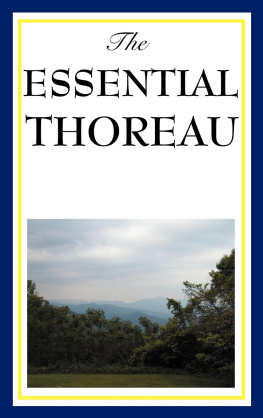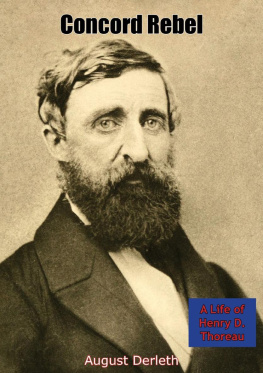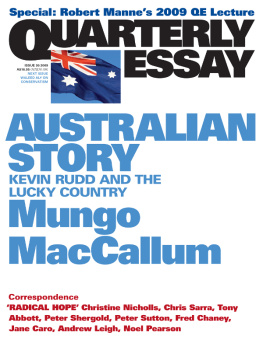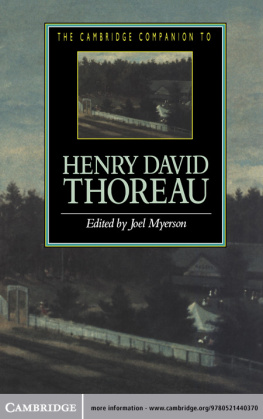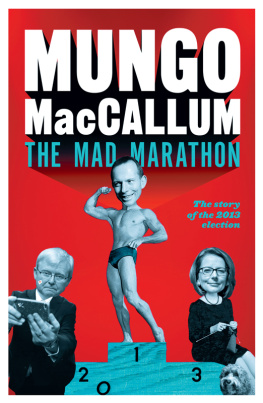Total Loss Farm
Total Loss Farm:
A Year in the Life
by Raymond Mungo
Selected and Introduced by
Dana Spiotta

Published by Pharos Editions, an Imprint of Dark Coast Press
3645 Greenwood Ave N.
Seattle, WA 98103 U.S.A.
www.darkcoastpress.com
www.pharoseditions.com
Text Copyright1970
by Raymond Mungo, all rights reserved
First edition 1970 by E.P. Dutton & Co., Inc.
First Pharos Editions Printing June 2014
Introduction Copyright 2014 by Dana Spiotta
ISBN-13: 9781940436043
Library of Congress Control Number:
Photos by Peter Simon; drawing by Peter Gould
All Rights Reserved
A Heartbreaking Dispatch from a Despondent Scene
Introduction by Dana Spiotta
I first came across Raymond Mungos books when I was doing research for my 2006 novel Eat the Document. Raymond Mungos two consecutive memoirs, Famous Long Ago, My Life and Times in the Liberation News Service (1969) and Total Loss Farm: A Year in the Life (1970), were written contemporaneous with the times by someone who was deeply involved in the youth movement. For me the entry point in writing about somethinga moment in history, for instanceis always language. Mungos books stood out right away with the rhythms and sound of what it was like to be young in America in the late 1960s. So much about the generation that came of age in the 1960s has become overlaid with clich and easy reductions. Even in the dry wit of his titles, Mungo gives us the raw moment in all its complexity, and I believe these powerful books are a significant part of the American memory of how we got to where we find ourselves now.
Raymond Mungo wrote his first book, Famous Long Ago, in 1969 when he was 23 years old. It tells his version of the history of the Liberation New Service, which he co-founded with Martin Bloom when he was an undergraduate at Boston College. Liberation News Service (LNS, I love the namemilitant and easily made into one of those nice acronyms the New Left was so fond of, like SDS) was like the Associated Press for the underground. It brought the unreported news about the war and the details of the movement to campuses and communities that didnt have access to a local underground paper. In the Internet age, again and again, we have seen the radicalizing effect access to information can have for a grassroots political movement. Mungo and the LNS were savvy about the power of information, and the underground press was vital in getting turnout to protests and bringing radical groups together. More broadly, they were able to suggest an alternative to the mainstream, not just in content but in method. The LNS (and the underground) was looser, freer and more subjective. The proliferation of underground presses helped create the identity and sensibility of the counterculture. In their proto-DIY way, they were creating a space independent of the establishment complete with different values, different newspapers, different language, different music, and different lives.
Famous Long Ago also documents the crashing and splitting of LNS. As the war and the draft raged on despite the growing and nearly mainstream anti-war movement, the disillusionment grew. The Movement and in particular the New Left, the leaders of the Movement, fell into some famous and complex sectarian disputes. LNS was split between what Mungo calls, with his usual wit, the Vulgar Marxists and the more artistic and poetic ambitions of Mungo and Bloom. The book ends with Mungo and Bloom absconding to Vermont with the printing press and the LNS money. They retreat to rural and pastoral places, as many young people did in the wake of Nixons election and the trauma of 1968. This back to the land movement took the form of communes and rural enclaves all across the United States. Some were elaborate living experiments, like the (amazing) Diggers and Free Family commune Black Bear Ranch in California, The Farm in Tennessee, and Drop City in New Mexico, and some were smaller scale, like Total Loss Farm in Vermont. Most lasted only a few years. But in unappreciated ways they inaugurated waves of the counterculture that would be felt even longer than the antiwar movement.
From the rural experiments of the late 1960s and early 1970s, we get an early critique of consumer and corporate culture. But Mungo was also aware that this impulse has a long history in America, referring to Thoreau (often just Henry) throughout the book. Mungo sees the pollution everywhere, and he passionately bemoans the development and industry that cause it. Mungo is disdainfulas many wereof the new cars that must be bought every three years, of the suburbs, and of what he calls booger living. The profound feeling one gets from these experiments is a desire to restart, to shake off the conventions of received ideas of what it means to be citizen. In that way, it helped mainstream the identity movements of the 1970s. These were thought experiments as much as living experiments: what if we were not stuck? What if we were truly liberated? As impossible as it is to actually discard the limits you were raised with, the reverberations of their efforts changed us forever.
Interestingly, Mungo doesnt idealize or sentimentalize his experience. Total Loss Farm is intent on being honest. He even admits that this book was written to get money for the farm in what he calls a burn scheme in which you use legit money for radical purposes, like his book advance. His honesty is also right there in the title: Total Loss Farm. He says,
It is called Total Loss Farm because it produces nothing visible to the mature eyeall the livestock, machinery, seeds, and such tools and not even one peach or can of maple syrup makes it as far as the Market. And nobody who goes in there to stay has been seen alive again.
But Total Loss Farm is also the place you go to lose yourselfyour corrupt, ego-driven selfand become close to the earth where you can live an authentic, humble life. The communes are animated by a refusal, and Mungo makes this clear. He, the former journalist, doesnt even read the paper anymore. He, the despairing radical, pointedly avoids attending the Moratorium to stop the war on November 15. But however much back to the land is a retreat, it is not a giving up. You drop out to leave something, but you also drop out to make something new. This is harder than the city and suburban youth ever imagined. Winter is long, and living off the grid with no money tests everyones resolve. But Mungo captures how needed the discomfort was. To feel cold was to feel something real and it made the very complicated world feel simpler.
Total Loss Farm is essentially a diary of a very bad year: bad for Mungo and bad for America. The book begins in the fall of 1969 with the suicide of LNSs co-founder. The pastoral fantasy of going back to the land is already fraught. Some time has passed living on the farm. He leaves and wanders across the country. He gets drive-a-way cars and relies on the largesse of groovy people everywhere. He returns to Vermont until the book comes full circle in the fall of 1970. All along he records his intensely felt impressions in his characteristic deeply subjective style. But he writes very well about his own joy and his own pain and is particularly good when describing the land around him and how it feels on his body:
The road keeps twisting and climbing, so the limits of our vision extend no more than 20 feet. Sitting on the fieldstone, we suddenly realize the din and thunder of our very feet had been drowning out the birds. Sitting still, we can hear them come back to lifeunceasing and chatty, they are playing in harmony with the delicate swosh of a waterfall just up ahead.... Lying on the fieldstone, we must shelter our eyes from the blinking sun among the needles overhead.
Next page

